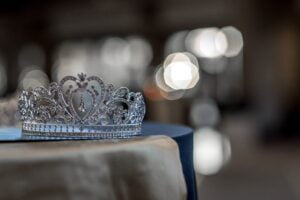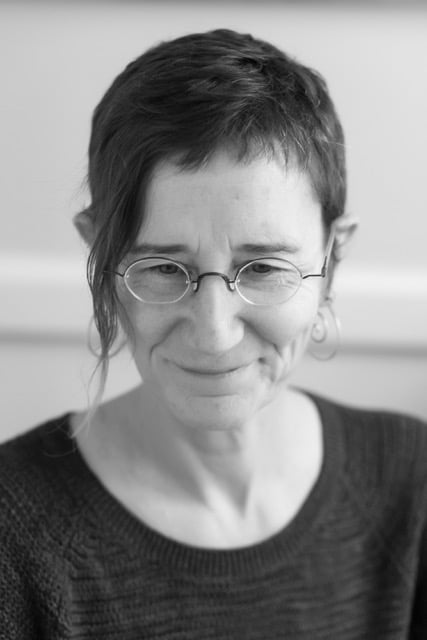
The Crown, The Queen’s Gambit, and other historical dramas
Like many of us, COVID has left me starved for social stimulation. And to ameliorate that urge, I turn to nightly television storytelling in search of (temporary) kinship. Once in the embrace of TV’s blue light, I scan my new friends’ brightly lit faces, searching for subtle cues Zoom can’t deliver, savoring the rise of the well-curated soundtrack as a substitute for the missing visceral interaction of a face to face encounter, and relish the long pause stories rely on and that social media cannot capture. I ruminate on my new friends’ (and enemies’) fates, I linger over the details, some subtle enough to stick in my mind with the weight of a tiny eyelash, irritating until addressed. I care too much about them as a relief from the creep of quarantine dullness.
The Crown https://www.imdb.com/title/tt4786824/
really captured me. Told with literary sensibility, the five seasons focus on the royal cast of characters, starting with dear dull Elizabeth, her husband, the former Greek god, now playboy, the droll and cold Prince Phillip, Queen sister, drunk Margaret, whinny Charles, dyky Princes Anne, and eventually tragic, bulimic Diana. Each gets the treatment one recalls of a good George Eliot novel where by capturing the details, one accidentally falls prey to compassion and even empathy for them, each caught in a web of circumstances not of their making, each struggling to find a way through to agency and self-realization, each succumbing to fate or royal destiny or simply black out drunks or binges.
I also like how closely the series hues to historical fact. https://www.diggitmagazine.com/articles/crown-accurate-fiction
Yes, some facts are scaled incorrectly or left out entirely. But that impulse to fictionalize biography—that captures my fancy. It lights me up. I recognize the impulse to follow the drama of a real life with its cryptic motives and fairytale events. Its how I wrote The Monkey King, by following the real -ife events of Harry Harlow as told me by historians and fellow researchers, by his own scholarly orve, interviews with family, friends and staff. His life, lead in midcentury America, in the Midwest, at university, with monkeys, was stuffed full with drama to me. How did he become himself? What made him want to study loneliness? How could he possibly do what he did to baby monkeys? How is it possible he did not feel the baby monkey’s suffering as his own? These guided me. These questions inspired me. I want to know what we all want to know and what our primary narcissism makes so hard to grasp—what is it like to be you?



